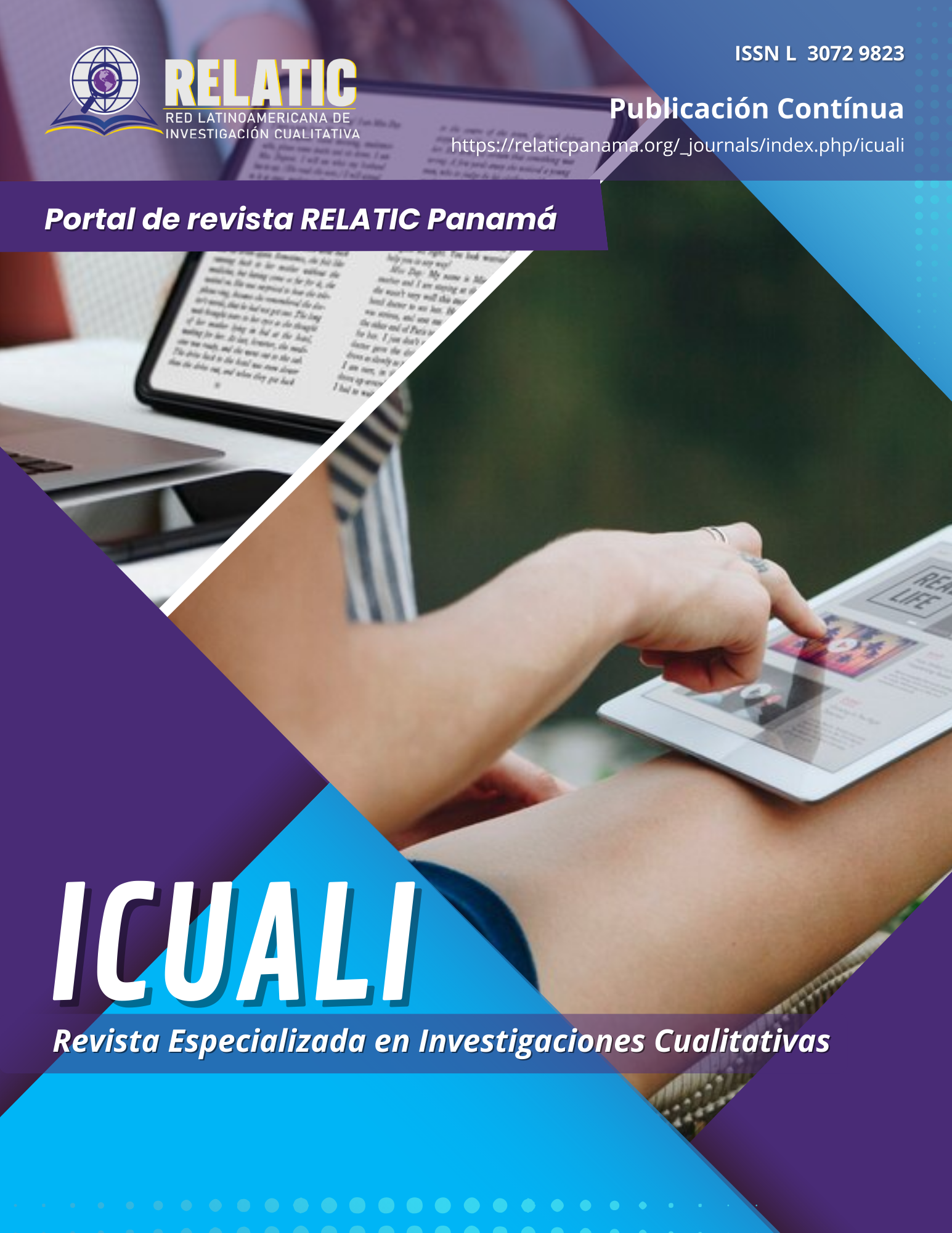The Relationship of Criminal Law with Labor Rights to Unionization and Strike in Panama
Main Article Content
Abstract
In Panama, the labor rights of freedom of association and strike have historically been subject to regulation and protection by the legal system. However, the interaction of these rights with criminal law has generated various controversies and legal challenges. This article examines the way in which Panamanian criminal law affects the collective social rights, exploring both the existing legal restrictions and the doctrinal debates in this regard. It analyzes how criminal legislation is influential and necessary for the exercise of the right to association and strike by public servants, as well as the right to freedom of association and strike for workers. In addition, the compatibility of international regulations with local legal provisions in this area is addressed, highlighting the challenges of harmonization and effective application. This study offers an analytical perspective on the topic, proposing reflections for the future development of the criminal legal framework and the protection of labor rights in the Panamanian context.
Downloads
Article Details
Issue
Section

This work is licensed under a Creative Commons Attribution-NonCommercial-ShareAlike 4.0 International License.


